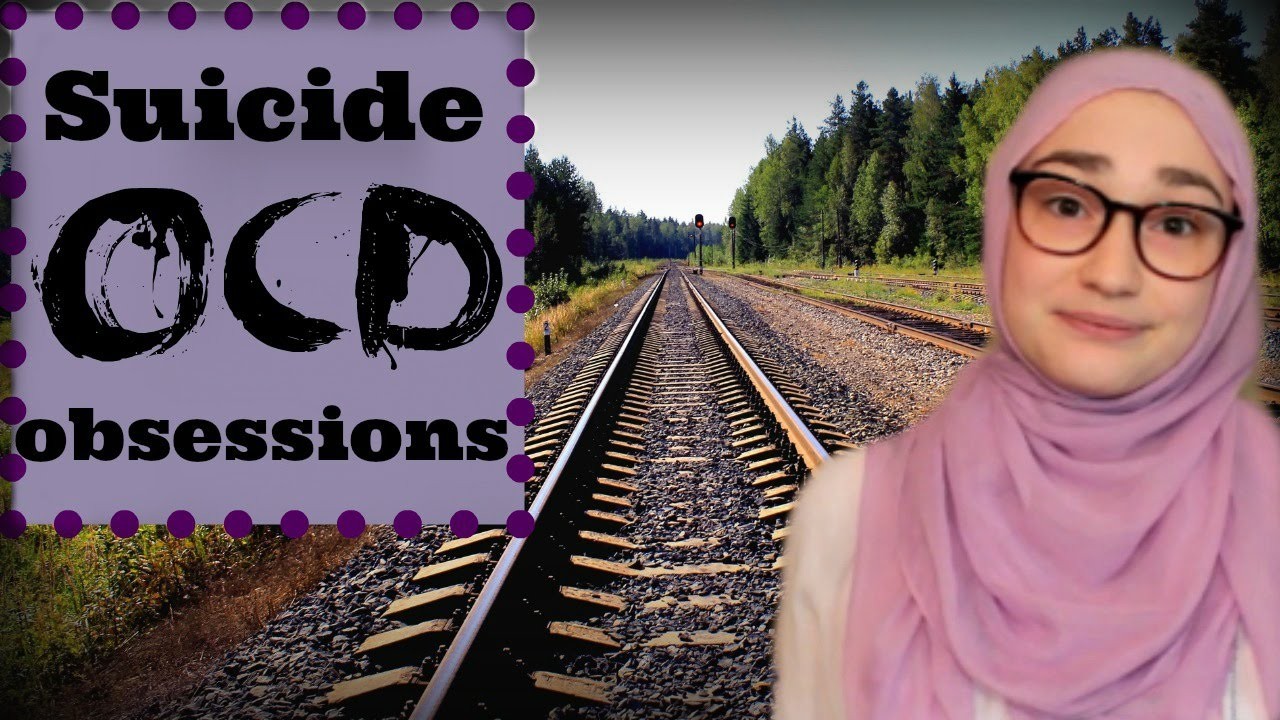

Trying to replace it with ‘positive’ thoughts or images.Īttempting to figure out the exact message/meaning of this thought. You may find yourself engaging with the new thought by: And I need to understand what this thought really means." I should try to prevent this disaster from happening. Their thinking process goes like this, "Oh no! Why did I just have this thought? I must be a horrible person and a danger to others. That was one weird thought.”īut people with OCD tend to take these thoughts very seriously. In this case, your thought process usually goes, "Wow. If you have a negative thought and shrug it off without giving it much attention, you are unlikely to become obsessed with it. Non-sufferers usually quickly dismiss these thoughts and continue with their day. The subtle distinction between the "normal" and the "problematic" lies not in the content of the thought, but in what we decide to do about it.Īnybody can have a random, scary, nonsensical what-if thought such as, "What if I will harm my baby?" "What if I just caused a hit-and-run accident?" "What if I’ll drive my car into the oncoming traffic?" Our brain is constantly generating all kinds of creative thoughts (some more disturbing than others) and our mind chooses which thoughts to engage with. The thing is, the content of these thoughts is not specific to people with OCD. How can you know if it’s OCD, or if the thought is “normal”? What if I sexually assaulted somebody at a party years ago, but can’t remember? What if I accidentally cheated on my partner? What if I unintentionally confess to a crime that I didn’t commit? What if my thoughts are causing harm to other people? What if I broke the law without noticing?
#Positive intrusive thoughts ocd driver
What if I am that hit-and-run driver that injured a pedestrian earlier today? What if I spilled water on the floor and an elderly lady will slip on it and die? So even if you know that you have OCD, you may still wonder about that new thought that suddenly popped into your mind, “ Is this my OCD acting up again, or is it just a regular, weird thought?” doi:10.This is a question we get asked a lot at our OCD clinic: “How do I know if this thought is my OCD or if it is a ‘normal’ thought?” It usually happens when a person in treatment has certain familiar “regular” OCD thoughts, but then suddenly gets hit with a new, unfamiliar, unwanted intrusive thought that may or may not be OCD-related. Drug Dependence and Addiction - Open Access Journal. Addicted to compulsions: A complex case study of obsessive and compulsive disorder treated with acceptance and commitment therapy (ACT) and exposure therapy (ERP). Factors associated with non-treatment or delayed treatment seeking in OCD sufferers: a review of the literature.

García-Soriano G, Rufer M, Delsignore A, Weidt S. Associations between rumination and obsessive-compulsive symptom dimensions. Raines AM, Vidaurri DN, Portero AK, Schmidt NB. Review of Psychodynamic psychotherapy: A clinical manual. Journal of Behavior Therapy and Experimental Psychiatry. Replacing intrusive thoughts: Investigating thought control in relation to OCD symptoms. Ólafsson RP, Snorrason Í, Bjarnason RK, Emmelkamp PMG, Ólason DÞ, Kristjánsson Á. Journal of Obsessive-Compulsive and Related Disorders. A qualitative study of the investigation of reassurance seeking in obsessive–compulsive disorder. Kobori O, Salkovskis PM, Read J, Lounes N, Wong V. Journal of Personality and Social Psychology. Paradoxical effects of thought suppression. Wegner DM, Schneider DJ, Carter SR, White TL. Clinical Psychology: Science and Practice. Mechanisms of harmful treatments for obsessive-compulsive disorder. Discovering what is hidden: The role of non-ritualized covert neutralizing strategies in Obsessive–Compulsive Disorder.

Psychology Research and Behavior Management. Exposure and response prevention in the treatment of obsessive-compulsive disorder: Current perspectives.


 0 kommentar(er)
0 kommentar(er)
